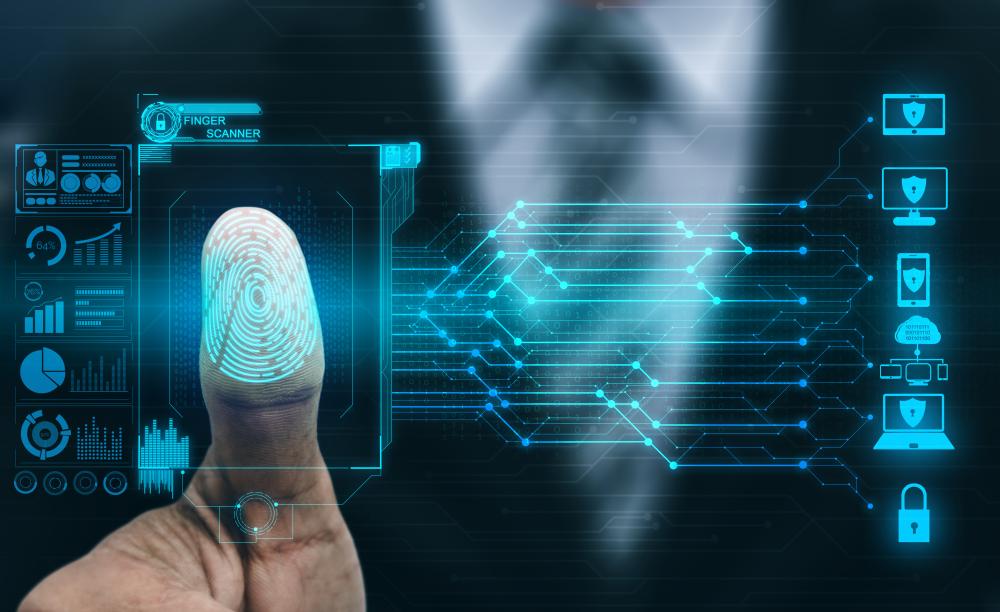Using consent to preserve privacy has pros and cons, said panelists at the Privacy + Security Forum Spring Academy Wednesday. However, ensuring that consent is gained effectively and truthfully is one of the best ways to safeguard information, they added.
New York state Senate committees approved a variety of bills on biometrics at hearings this week. An age-verification measure failed to advance, however.
Comments are due June 2 on revised draft rules for the California Privacy Protection Agency’s rulemaking on automated decision-making technology (ADMT), risk assessments, cybersecurity, insurance and other rule changes, the CPPA decided Thursday.
A disconnect exists between legislatures, the privacy laws they create and the litigation that results from them, said panelists during a Federal Communications Bar Association (FCBA) event on privacy litigation trends Thursday. Instead, this ecosystem results in great confusion, prompting a rise in privacy law-related cases, they said.
A possible Vermont version of Daniel’s Law (H-342) is “not dead, but it is not moving,” state Rep. Monique Priestley (D) said Thursday on Vermont Perspective, a radio show on WDEV. After the show, Priestley told us in a phone interview that another piece of legislation, her comprehensive privacy bill, remains “very much in play.”
Companies should be cognizant of state and local privacy law limitations on biometric data collection when deploying AI systems in the workplace, compliance attorneys at Ice Miller said Wednesday. They highlighted privacy law restrictions in Illinois, Texas, Washington and New York City.
The Maine Judiciary Committee’s top Democrats unveiled a comprehensive privacy bill Tuesday that contains data minimization language similar to the Maryland Online Data Privacy Act. Judiciary House Chair Amy Kuhn (D) and Senate Chair Anne Carney (D) introduced LD-1822 with five Democratic colleagues.
The FTC should investigate how neurotechnology companies are handling and sharing consumer data using brain-computer interface (BCI) technology, Senate Democrats said in a letter to FTC Chairman Andrew Ferguson on Monday.
OpenAI CEO Sam Altman and Tools for Humanity CEO Alex Blania used the IAPP Global Privacy Summit as a “sales pitch” opportunity for their “biometric data-based, crypto-powered identity product,” U.K. privacy attorney and entrepreneur Sergio Maldonado said in a post Thursday.
OpenAI CEO Sam Altman said Thursday he understands the “very strong reactions” and privacy concerns surrounding his biometric identity company Tools for Humanity (TFH).
